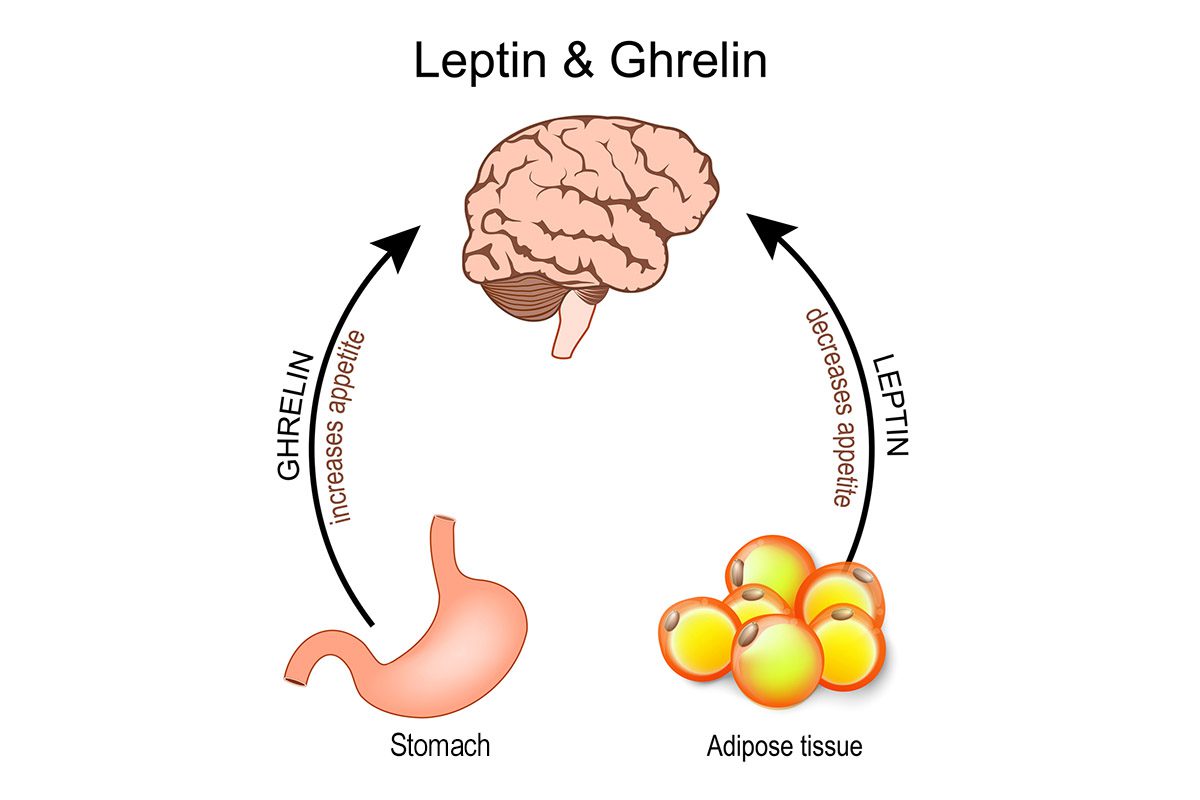Objective: To examine prospectively the natural course of bulimia nervosa and eating disorder not otherwise specified (EDNOS) and to test for the effects of personality disorder psychopathology on remission and relapse.
Method: Subjects were 92 female patients with current bulimia nervosa (N = 23) or EDNOS (N = 69) at baseline enrollment in the Collaborative Longitudinal Personality Disorders Study. Axis I psychiatric disorders (including eating disorders) were assessed with the Structured Clinical Interview for DSM-IV Axis I Disorders-Patient Version, and personality disorders were assessed with the Diagnostic Interview for DSM-IV Personality Disorders (DIPD-IV). The course of eating disorders was assessed with the Longitudinal Interval Follow-Up Evaluation and the course of personality disorders with the Follow-Along version of the DIPD-IV at 6 and 12 months and then yearly through 60 months. The study was conducted from July 1996 through June 2005.
Results: Probability of remission by 60 months was 74% for bulimia nervosa and 83% for EDNOS, and probability of relapse among those with a remission was 47% for bulimia nervosa and 42% for EDNOS. Patients with and without personality disorders did not differ in probability of remission. Cox proportional hazards regression analyses revealed that bulimia nervosa and EDNOS did not differ significantly in time to remission and that personality disorder comorbidity did not significantly predict time to remission. Analyses using proportional hazards regression with time-varying covariates revealed that dimensional changes in personality disorders were minimally related to either remission or relapse in these eating disorders.
Conclusions: The 5-year natural course of bulimia nervosa and EDNOS differed little with both eating disorder categories showing similar patterns of remissions and relapses. These findings suggest the clinical significance of EDNOS and the need for further research on this most common but least studied eating disorder. The natural course of bulimia nervosa and EDNOS does not appear to be influenced significantly by the presence, severity, or time-varying changes of co-occurring personality disorder psychopathology.
Enjoy this premium PDF as part of your membership benefits!





